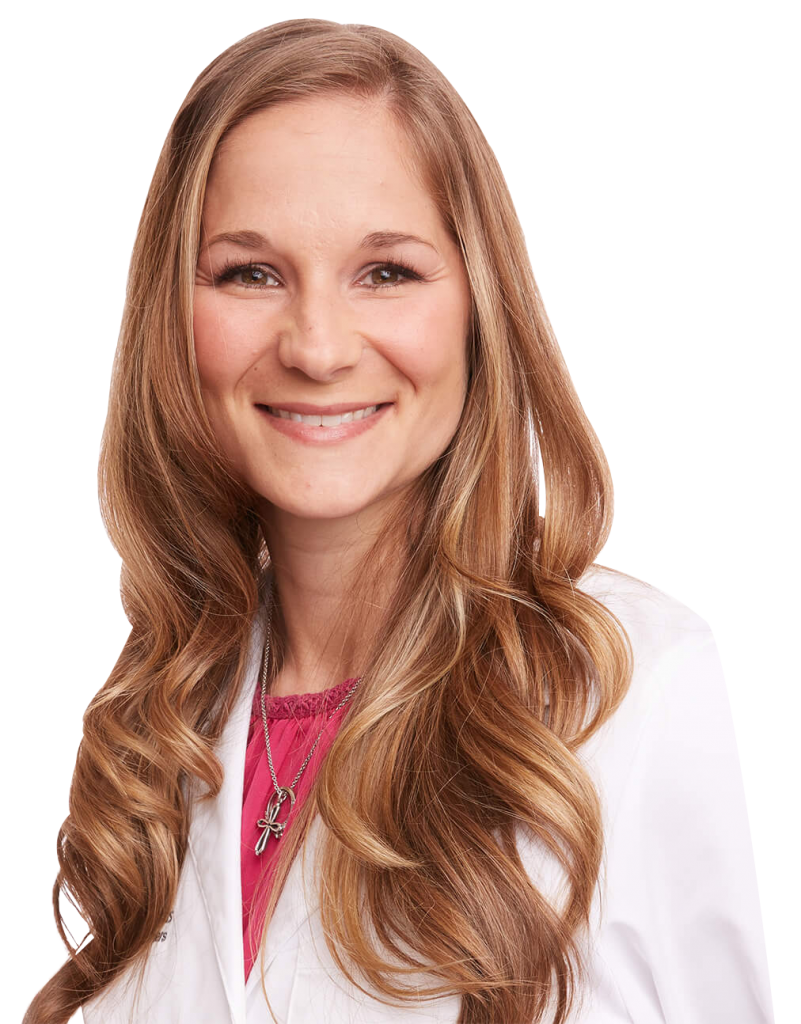1830 Heritage Park Plaza Murfreesboro, TN 37129 (nearby)
(615) 900-2621
Schedule a Consultation
Mon-Fri 8AM-5PM
At Lindsay Keith, MD, located in the heart of Murfreesboro, Tennessee, we are dedicated to providing exceptional healthcare with a personalized touch. Our practice is built on the foundation of compassion, expertise, and a commitment to delivering the highest standard of care to every patient. We understand that health is a deeply personal journey, and we are here to support you every step of the way.
Healthcare is more than just treating symptoms; it’s about nurturing overall well-being, understanding individual needs, and fostering a positive and healing environment. Our approach integrates the latest medical advancements with a holistic view, ensuring you receive comprehensive care tailored to your unique circumstances.
Led by Dr. Lindsay Keith, our team of healthcare professionals is renowned for their clinical excellence, empathetic care, and dedication to patient health. With a diverse range of expertise, our staff is equipped to address a broad spectrum of health concerns, ensuring you have access to the best possible treatment and support.
Our clinic in Murfreesboro, TN, is designed to provide a comfortable and welcoming atmosphere for all our patients. Equipped with the latest in medical technology, we offer advanced diagnostic and treatment options in a setting that prioritizes your comfort and privacy.
At Lindsay Keith, MD, we believe in the power of community and the importance of giving back. Our practice is actively involved in local health initiatives, educational programs, and charity events, striving to make a positive impact on the well-being of our community in Murfreesboro and the surrounding areas.
We invite you to experience the difference at Lindsay Keith, MD, where your health and well-being are our top priorities. Whether you’re seeking preventative care, treatment for a specific condition, or guidance on your health journey, our team is ready to provide you with the care and support you need.
Experience transformative facial treatments at our Murfreesboro MedSpa, expertly led by a skilled female surgeon. Our services include microdermabrasion, microneedling, dermaplaning, chemical peels, PRP therapy, LED light therapy, and classic facials, each tailored to rejuvenate your skin and enhance your natural beauty with the utmost care and precision.
Discover expert cosmetic injection services at our Murfreesboro MedSpa, led by a distinguished female surgeon. We offer a range of treatments including neurotoxins (Botox), dermal fillers, PRP injections, and Kybella, all designed to refine and rejuvenate your appearance with precision and personalized care.
Explore specialized weight loss injections at our Murfreesboro MedSpa, directed by a top female surgeon. Our treatments, including MIC, lipotropic, Semaglutide, and GLP-1 agonists, are designed to effectively boost metabolism, reduce appetite, and support sustainable weight management in a medically supervised environment.
Revitalize your hair with advanced restoration treatments at our Murfreesboro MedSpa, led by a skilled female surgeon. Our comprehensive services include PRP therapy and innovative hair growth techniques, each tailored to combat hair loss and promote healthy, natural hair regeneration in a supportive, professional setting.
Rehydrate and rejuvenate with IV hydration therapy at our Murfreesboro MedSpa, under the expert guidance of our female surgeon. Tailored to enhance wellness, our IV treatments deliver essential vitamins and minerals directly into your bloodstream, promoting overall health, boosting energy, and improving vital hydration levels effectively.

In the world of skincare, achieving a radiant, smooth complexion often starts with effective exfoliation
The skincare industry is continually evolving, offering new and innovative treatments to address a variety
In the quest for youthful, radiant skin, Restore Micro-Needle Infusion emerges as a leading solution.
College life brings with it the thrill of independence and new challenges, and amid all
Achieving glowing, healthy skin is more than just what you put on your face; it's
In the bustling life of a student, where academics and social activities constantly demand attention,
In the whirlwind of academic responsibilities, it's easy for students to put self-care on the
Navigating college life brings its set of challenges, including the battle many students face with
At major campus events like homecoming, graduation, or sorority formalities, looking and feeling your best
In the world of skincare, achieving a radiant, smooth complexion often starts with effective exfoliation
The skincare industry is continually evolving, offering new and innovative treatments to address a variety
In the quest for youthful, radiant skin, Restore Micro-Needle Infusion emerges as a leading solution.
College life brings with it the thrill of independence and new challenges, and amid all
Achieving glowing, healthy skin is more than just what you put on your face; it's
In the bustling life of a student, where academics and social activities constantly demand attention,
In the whirlwind of academic responsibilities, it's easy for students to put self-care on the
Navigating college life brings its set of challenges, including the battle many students face with
At major campus events like homecoming, graduation, or sorority formalities, looking and feeling your best
Dr. Lindsay Keith is located and provides medical services to Murfreesboro, TN, and the surrounding areas.
Learn More About Dr. Lindsay Keith By Visiting Our Online Profiles On Healthgrades. And Be Sure To Leave A Review On Google Maps.
Tennessee is a landlocked state in the U.S. South. Its capital, centrally located in Nashville, is the heart of the country-music scene, with the long-running Grand Ole Opry, the Country Music Hall of Fame and Museum, and a legendary stretch of honky-tonks and dance halls. In the far southwest, Memphis is the home of Elvis Presley’s Graceland, rock-and-roll pioneering Sun Studio, and the blues clubs of Beale Street.
Capital: Nashville
Points of interest: Dollywood, Great Smoky Mountains National Park
Colleges and Universities: Tennessee State University, University of Tennessee
Answering the call to serve has been my life work, and being your doctor is an immense privilege. Thank you for entrusting me with your care.


1830 Heritage Park Plaza Murfreesboro, TN 37129 (near me)
(615) 900-2621
Schedule a Consultation
Mon-Fri 8AM-5PM